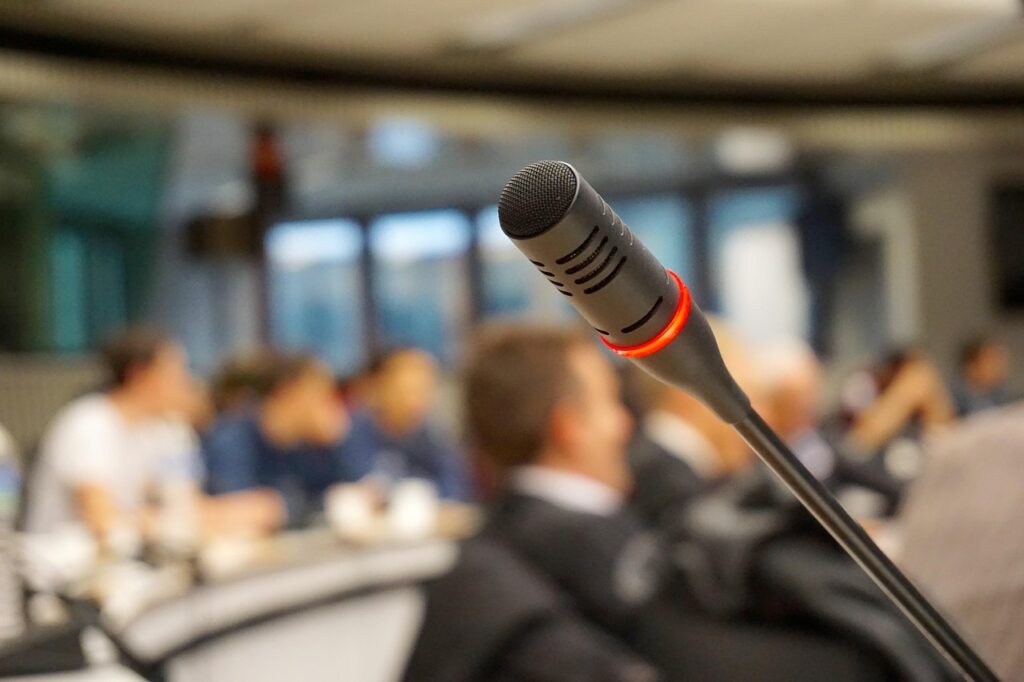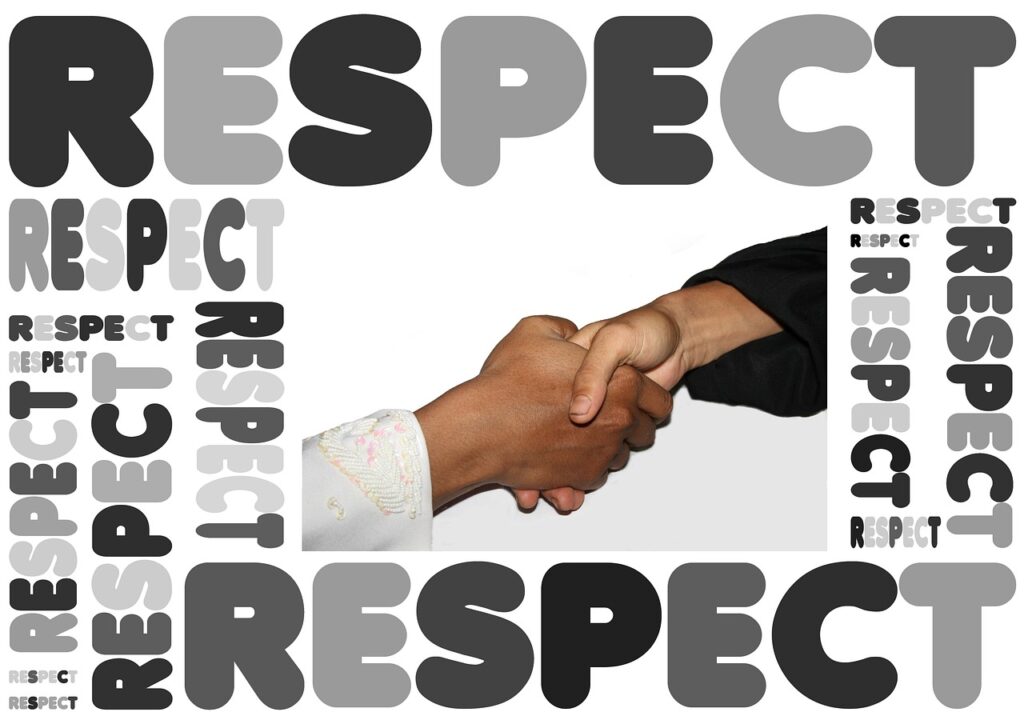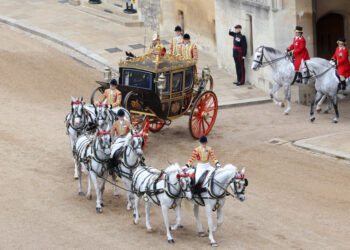 Our next Guest Author, Daniel Olajide is a protocol professional based in Nigeria who has impacted over 400 protocol professionals across 4 continents, and hosted over 3 events to impact protocol professionals and equip them with necessary tools to excel in their role over the past 4 years. Daniel has a community of over 40 active protocol enthusiasts, and ever since its inception 2 years ago, it has seen significant growth.
Our next Guest Author, Daniel Olajide is a protocol professional based in Nigeria who has impacted over 400 protocol professionals across 4 continents, and hosted over 3 events to impact protocol professionals and equip them with necessary tools to excel in their role over the past 4 years. Daniel has a community of over 40 active protocol enthusiasts, and ever since its inception 2 years ago, it has seen significant growth.
09.09. 2025
Reading time: 4 mins
Events are a potent catalyst for making a lasting impact on society. Whether it’s a high-profile corporate gathering, a charity function, or a celebratory occasion, events bring people together and create meaningful experiences. An event is a meticulously planned and executed occurrence that necessitates careful consideration of multiple factors, including protocol.
Protocol is the cornerstone of event management, as it ensures that all attendees, speakers, and dignitaries are treated with the utmost respect, courtesy, and dignity. It is a set of carefully crafted rules that govern behaviour in diverse settings, underscoring the importance of cultural sensitivity, precedence, and effective communication.

In the context of corporate events, protocol plays a pivotal role in shaping the brand perception of an organization. A well-planned and executed event can significantly enhance an organization’s reputation, foster meaningful connections, and drive business growth.
To achieve this, organizations must prioritize protocol in their event planning strategy. This entails conducting extensive research on guests, including their titles, preferences, and cultural backgrounds. It also involves ensuring that all logistical arrangements, from seating to sound systems, are meticulously planned and executed.
For instance, imagine hosting a leadership conference with a prominent international speaker. If the speaker’s title is incorrectly introduced, or their cultural preferences are disregarded, it can create a lasting negative impression. Similarly, seating a president in the seat of a governor and the governor in the seat of the president can cause a rift between both parties, leading to a diplomatic incident.

The role of protocol professionals in an event is multifaceted. They work closely with event managers to ensure seamless execution, collaborating with various departments to guarantee a flawless experience. This includes coordinating with the media team to ensure accurate display of speaker information, working with technical and production teams to ensure sound and microphone systems are functioning optimally, and collaborating with sanitation teams to maintain impeccable cleanliness and hygiene standards.
Furthermore, protocol dictates that extensive research be conducted on guests prior to their arrival. This involves gathering information on their titles, preferences, and cultural backgrounds to ensure respectful treatment and avoid unintended offense. Cultural differences must be carefully considered, as seemingly innocuous actions can hold significant cultural connotations.
For example, in some cultures, giving a red gift signifies danger, while in others, it symbolizes good luck. Similarly, some individuals may be allergic to certain foods or have specific dietary requirements. Ignoring these cultural nuances can lead to unintended offense and damage relationships.

The consequences of neglecting protocol can be severe. A misplaced title, a mispronounced name, or a cultural faux pas can create a lasting negative impression, damaging an organization’s reputation and credibility. In extreme cases, such oversights can lead to diplomatic incidents, strained relationships, and significant financial losses.
Implementing Strategic Protocol Planning: Actionable Steps
- Conduct thorough research: Gather information on guests’ titles, preferences, cultural backgrounds, and dietary requirements to ensure respectful treatment and avoid unintended offense.
- Develop a comprehensive protocol plan: Outline protocol procedures for events, including seating arrangements, introductions, and cultural considerations.
- Collaborate with protocol professionals: Work closely with event managers, media teams, technical teams, sanitation teams, programs team and other relevant teams to ensure seamless execution and a flawless experience.
- Provide protocol training: Educate event staff and volunteers on protocol procedures, cultural sensitivity, and effective communication to ensure a respectful and dignified experience for all attendees.
- Review and revise protocol plans: Continuously review and refine protocol plans to ensure they remain relevant, effective, and aligned with organizational goals.
- Establish a crisis management plan: Develop a plan to address protocol-related issues or incidents that may arise during events, ensuring prompt resolution and minimal damage to reputation.
- Foster a culture of protocol awareness: Encourage a culture of protocol awareness within the organization, promoting the importance of respect, courtesy, and cultural sensitivity in all interactions.
In conclusion, protocol is a critical component of event management that demands careful attention and consideration. By prioritizing protocol, organizations can create events that are not only memorable but also respectful, dignified, and strategically impactful. Effective protocol management is essential for maintaining organizational credibility, fostering positive relationships, and driving business success.

Daniel Olajide: https://www.linkedin.com/in/theoladaniel/




